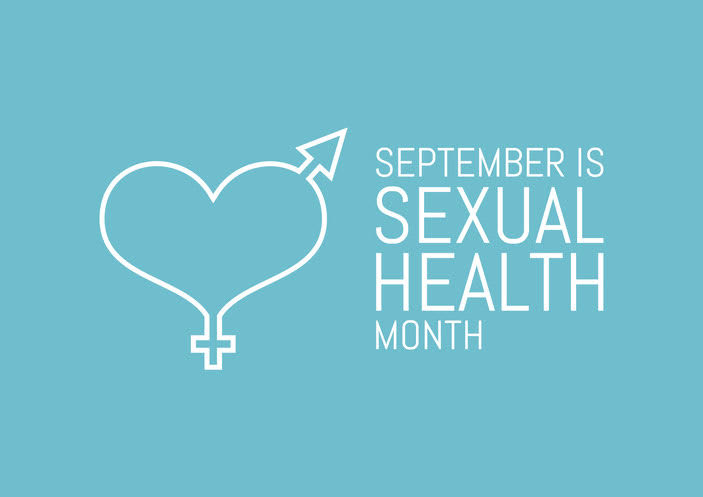Every September, Sexual Health Month is observed globally, providing an opportunity to engage in open discussions about a crucial aspect of our well-being that often remains in the shadows: sexual health. The month-long campaign is dedicated to raising awareness, promoting education, and encouraging conversations around sexual health issues. But how did Sexual Health Month come to be, and why is it so important in today’s world? Let’s explore the history and significance of this essential observance.
Sexual Health Month, as we know it today, has its roots in broader health and wellness initiatives. The concept of sexual health itself gained prominence in the mid-20th century when the World Health Organization (WHO) began advocating for the recognition of sexual health as an integral part of overall health. This was a significant shift from earlier views that often stigmatized discussions about sex and reproductive health.
In 1995, the World Association for Sexual Health (WAS), an organization dedicated to promoting sexual health rights and well-being, officially declared September as Sexual Health Month. This declaration was part of their ongoing efforts to provide a platform for discussing sexual health issues, advancing sexual rights, and addressing the diverse needs of different populations. WAS chose September strategically, aligning with their World Sexual Health Day, observed on September 4th each year, which further amplifies the message of sexual health awareness.
The Evolution of Sexual Health Month
Since its inception, Sexual Health Month has evolved significantly. Initially focused on basic awareness, the campaign has expanded to address a wide array of topics, including:
- Sexual Rights and Advocacy: Emphasizing the importance of sexual rights as human rights, ensuring that everyone has the freedom to make informed choices about their sexual health without discrimination or coercion.
- Comprehensive Sexual Education: Advocating for education that goes beyond biology to include consent, relationships, gender identity, and sexual orientation.
- Access to Healthcare: Highlighting the need for accessible and affordable sexual health services, including contraception, STI testing and treatment, and mental health support related to sexual well-being.
- Combating Stigma: Working to reduce the stigma associated with sexual health issues, particularly around topics like HIV/AIDS, LGBTQ+ identities, and reproductive rights.
Why Sexual Health Month Matters
- Promotes Open Conversations: One of the primary goals of Sexual Health Month is to normalize discussions around sexual health. Open conversations are crucial for breaking down taboos and encouraging individuals to seek information and support without fear of judgment.
- Increases Awareness: Sexual Health Month plays a key role in raising awareness about issues that are often overlooked. It brings to light the importance of regular health check-ups, the need for comprehensive sex education, and the rights of individuals to make informed choices about their bodies.
- Advocates for Sexual Rights: The month serves as a reminder that sexual rights are human rights. It underscores the importance of protecting these rights in all parts of the world, advocating for equality and freedom from discrimination based on sexual orientation, gender identity, or reproductive choices.
- Improves Public Health: By focusing on education and prevention, Sexual Health Month contributes to better public health outcomes. Increased awareness leads to more people accessing preventive services, understanding the importance of safe practices, and taking proactive steps to protect their sexual health.
- Supports Mental and Emotional Well-being: Sexual health is not just about physical well-being; it also encompasses emotional and mental health. Addressing issues like sexual trauma, consent, and relationship dynamics is essential for overall mental well-being.
Sexual Health Month is more than just an observance; it is a call to action. It challenges us to rethink our approach to sexual health, to educate ourselves and others, and to advocate for a world where sexual rights are respected and protected. As we continue to celebrate Sexual Health Month, let us remember the importance of these conversations and work together to create a more informed, inclusive, and healthy society.

